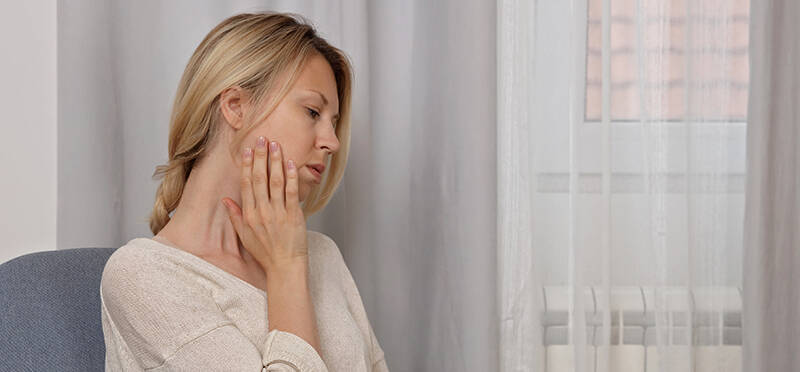TMJ Pain? Try Rocabado’s 6×6 Exercise Routine
Posted on July 21, 2023 by Peter Batz, PT, DPT, OCS, CMTPT, AIB-VRC
Do you experience a popping, clicking, or locking sensation in your jaw? Is jaw pain making it hard to eat,...
(more…)






